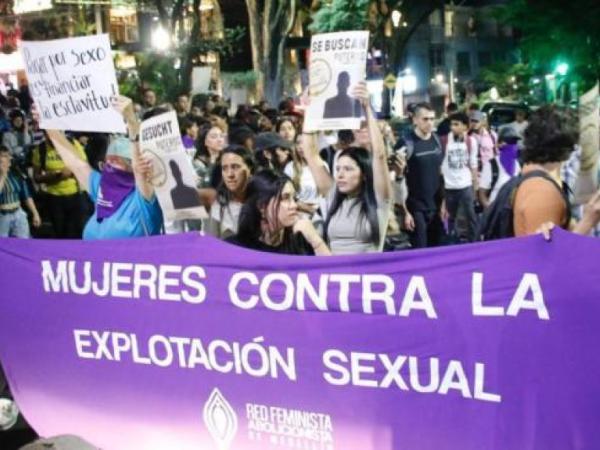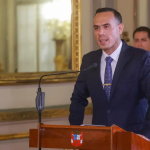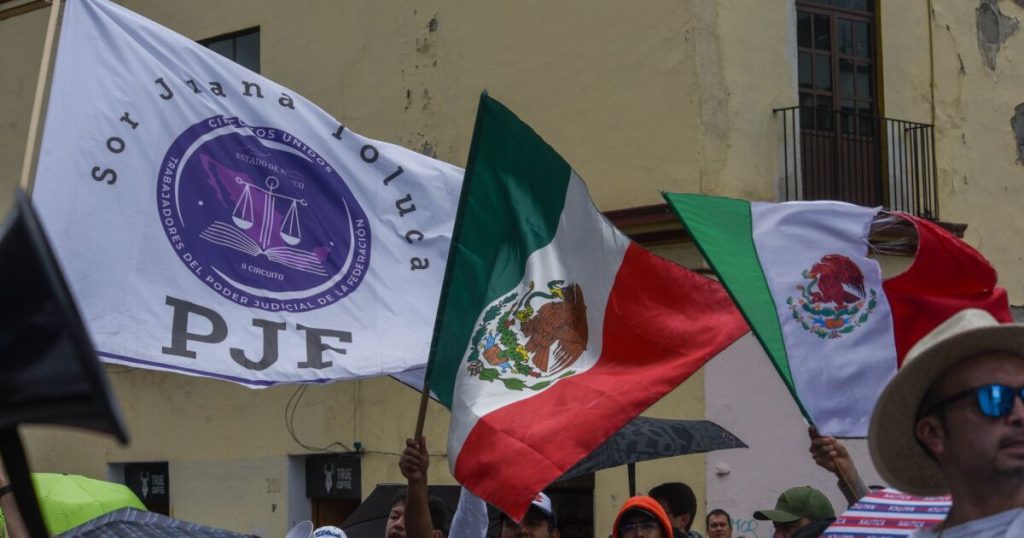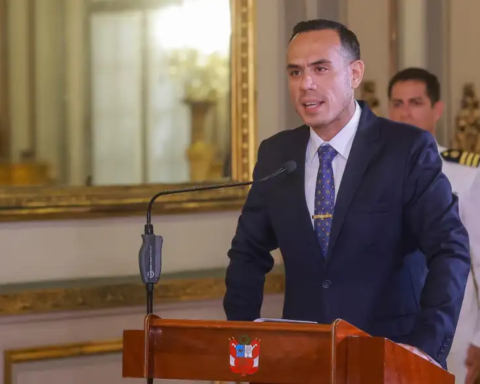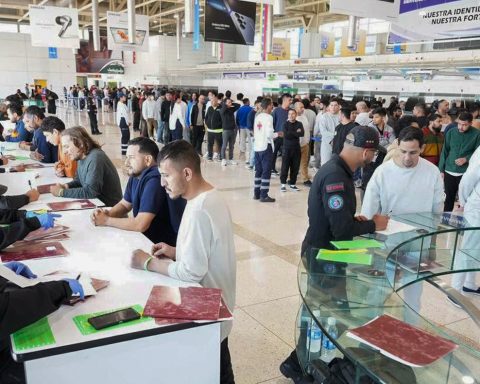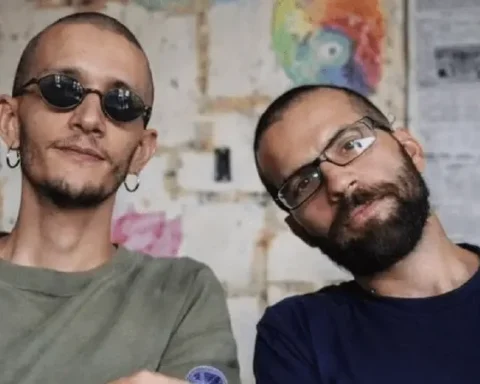Last Friday, September 27, a controversy broke out around the meeting called by the Ministries of Equality, the Interior and Labor with associations defending women’s rights and businessmen in the adult entertainment sector. The Dialogue Table on Paid Sexual Activities, convened by the Ministry of Equality, sought to promote rapprochement between these sectors, but ended up generating criticism and protests.
(Read: Labor reform: article that expands the cases to request licenses is approved)
The initiative, promoted by the Vice Ministry of Women, aimed to articulate and coordinate efforts to draw up a roadmap for the rights of women and people linked to paid sexual services. However, Several organizations defending human and women’s rights expressed their rejection, considering that the meeting perpetuated a re-victimization of victims of sexual exploitation.
(Read: They demolish the power of Invir to contract directly with social organizations)
Charlotte Schneider Callejas, director of the Directorate of Paid Sexual Activities, defended the purpose of the table, pointing out that it seeks to destructure punitive and criminalizing narratives around paid sexual activities. Prominent figures participated in the meeting, such as Claudia Quintero, from the Empotérame foundation, who expressed her discontent with the environment, calling it ‘hostile and re-victimizing’.
Voices against
Ministry of equality
Ministry of equality
Margie Duque, leader and victim of sexual exploitation, highlighted her surprise at the fact that the Government provided a space where those who made decisions were not those affected. “The true voices must be those of those who live on the streets, facing fear and insecurity,” he stated.
Sara Jaramillo, coordinator of the foundation, criticized the Ministry’s position, which maintains that there is no relationship between sex work and human trafficking. For her, this vision denies the reality of exploitation inherent to the phenomenon of prostitution.
(Read: Most young people do not want to hold leadership positions)
Voices in favor
On the other hand, Melissa Torodirector of the Putamente Poderosas organization, defended the participation of businessmen in the sector, stating that not everyone in the industry is a pimp. According to her, there are those who seek to build a safer environment with guarantees for workers.
From the Abolitionist Feminist Network, the vice president and Minister of Equality, Francia Márquez, has been asked to reevaluate the agenda of these dialogue tables, arguing that legitimacy is being granted to owners of brothels and webcam studios, often involved in human trafficking.
Legal context

France Marquez
Ministry of equality
Colombian law has addressed paid sexual activities, protecting the rights of sex workers through ruling T-594 of 2016 of the Constitutional Court. This ruling establishes that prostitution is not a crime and guarantees fundamental rights such as free movement and non-discrimination.
(Read: This was the dismantling of the dollar counterfeiting factory in the south of Bogotá)
Schneider Callejas emphasized that there is a difference between sex work, human trafficking and sexual exploitation, and reaffirmed that the Ministry is committed to guaranteeing the fundamental rights of workers. of the sector.
If you want to know more, read: What is behind the controversy in the Ministry of Equality: feminists are upset by a proposal to regulate paid sexual activities
PORTFOLIO
